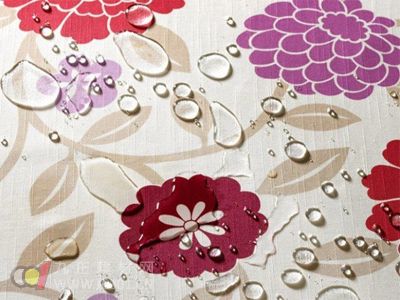Summer wallpapers need to pay attention to the problem
When installing wallpaper, it's essential to pay attention to air humidity. The relative humidity in the room should not exceed 85% during the process, so choose a dry and suitable day for construction. Keep the room clean and free from dust, and make sure to close doors and windows throughout the day and night to avoid working on wet walls. If the wall is already damp, it’s best to apply a base coat or clear oil once it's completely dry. Fang Dianxiang also emphasizes that if the wall is part of a bathroom, it must be treated with a waterproofing agent. Otherwise, prolonged moisture can damage the wallpaper adhesive and lead to peeling or poor adhesion over time. Before starting, it's recommended to clean any oil or grease from the wall surface, then apply wall protection and ensure it stays moisture-free. Once dry, gently sand the surface. However, Fang Dianxiang reminds that applying two coats of primer is important. If the wall becomes too smooth, the wallpaper may not stick properly, leading to gaps or seams as it dries. When using glue, keep in mind that in summer, high temperatures can cause harmful substances like formaldehyde and benzene to evaporate more easily. Therefore, choosing non-toxic, environmentally friendly wallpaper glue is crucial. It's advisable to hire professional installers who are experienced in this task. Common options include potato starch glue, glutinous rice starch glue, or special glues provided by certain wallpaper brands. There are even eco-friendly options designed specifically for children's rooms. After installation, take care of the drying process. In spring, when the air is humid, open windows for ventilation to help the walls dry faster. In contrast, during the hot summer months, it's better to let the wallpaper sit for about 15 minutes before applying it, allowing it to become slightly thicker for better adhesion. If you open the windows too soon after installation, the freshly applied wallpaper may shrink or warp due to rapid water loss. Fang Dianxiang advises against running the air conditioner during the process, as sudden temperature changes can cause surface irregularities, bubbling, cracking, or warping. After finishing, make sure to keep the area well-ventilated for 36–48 hours, especially in summer. Blinds Glass,Fabric Vertical Blinds,Vertical Blinds Fabric,Blind Shutter Glass Huaian Hongrui Glass Co.,Ltd , https://www.hongruiglass.com